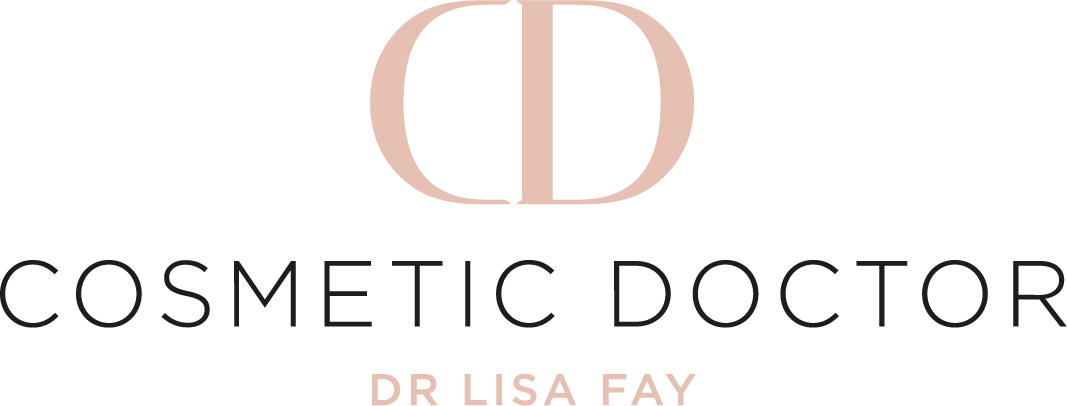Can Overusing Moisturisers Hurt Your Skin?
Are moisturisers elixirs of youth or weapons in the fight against ageing or are they simply one of the greatest deceptions of all time?…In the words of Sheryl Sandberg – lean in – I shall say this only once – moisturisers are rubbish!
Moisturisers are like skin tranquillisers, sedating and hypnotising skin cells. Here’s the scoop! Overusing moisturisers can dehydrate skin and can transform skin into a sloth-like Lazy Pants.
The skin is like a hamburger or a “big mac” – the skin contains three layers i.e the bun (epidermis), the meat juicy layer which contains collagen producing cells (dermis) and the cheese or (fat).
Moisturizers are primarily composed of oil, protein and water. Skin is also composed of oil, protein and water. When you apply a moisturiser to the skin it sends a signal to the dermis, the meat layer “Hey I have plenty of oil, protein and water up here. Don’t send any.” Eventually, the skin becomes dependent on the moisturisers, and it doesn’t produce what it needs, so the skin becomes chronically dry. This process, combined with the fact, that as we age, [we lose some of] our ability to naturally slough dead skin cells from the skin’s surface, prevents even the slightest amount of moisturiser to penetrate, forcing the body to stop delivering water and nutrients to the skin.
Moisturisers, when they are applied to the skin sets off a sequence of events…surface exfoliation stops, skin cells stop flaking off, dead cells stay on the skin surface. Water balance is changed which causes sensitivity and burning. Everything you put on the surface of your skin now burns, you hate it. What has happened is that you have altered the function of your skin. You have become addicted to moisturiser. Now you are a moisturiser junkie!
Example…. apply Vaseline to you lips daily for weeks, after a whole week you cannot live without it. Try this…..rub your lips vigorously 3-4 times a day, you will never need blisteze again.
The result? Skin becomes addicted to moisturiser rather than doing the work itself. Repeated application of moisturiser can lead to “dependency on external sources for moisture and the development of what is known as an acquired skin dryness, irritability and reduced vitality.
Does it benefit your skin? No, it actually damages your skin. See when you put a moisturiser on your skin it is like when you put your hand in a glass of water, you expect to see the lines gone and skin plump and smooth. In fact when you take your hand out your skin is white and crinkly. Why is that? On the surface there is too much water and the deeper layers do not produce moisture and dry out. Your skin now feels dry. So what do you now? Put more moisturiser on because it feels good. Dead skin cells collect and build up on the surface skin looks duller and eventually goes to sleep.
People and especially women are sheep. Women are lost and are clueless when it comes to choosing skin care products and how to take care for their skin. Women and I am one of them are gullible and believe everything that cosmetic companies tell them. So…Women have been brainwashed, and as a skin doctor owe it to the public and to women to educate them on effective skin care. In my career I have tried to immerse my self in dermatology and try to find a way to make it engaging, I wanted to break skin care down and make it accessible for women.
The only way to make your skin look good is to wake up the skin cells using vitamin A to trap water from within. Full stop! You can read about it, it is scientifically proven. Retinol, Retin A and retinova are forms of active vitamin A which has been around the block for a while, there is nothing new about it. When this is applied to the skin and presented to the skin cells they wake up. These products have been used to treat medical diseases such as acne or pigmentation.
What’s important? Well, feed the cells with antioxidants (vitamin C and E), active vitamin A, growth factors and peptides the cells wake up, feed and renew themselves. This puts all the cells which are sleeping in the skin back to work.
Lets talk about timeframe…
When you purchase a cream and it says it will erase lines and wrinkles in 6 weeks, this will not happen.
In order to make skin feel good, I need two to six weeks. All the cells which have gone to sleep you must wake them up. The transformation from the sleepy stage to the stimulated stage can take approximately 2 weeks. Stoping moisturiser is like stopping smoking you feel bad until you feel good at 3 weeks. The problem is that women look for instant gratification. Bear in mind, healthy skin cells behave like a sponge, trap water and make skin feel good.
The bottom line? Only use moisturizer if you truly require it. “Moisturizers should be used occasionally when needed”. It does not mean you never use a moisturiser. Stimulate and activate skin first. Now if you feel that if your skin needs it then apply a moisturiser. Do not skip the main meal and go straight to the dessert.
Two Ways to Achieve Healthy Skin
- The most important step is to clean your skin morning and night. Skin can exfoliate and renew itself. If this does not occur skin becomes weak, dull and dehydrated. How do you stop exfoliation? Moisturisers. This is putting a plaster on the dead skin cells so you are sticking them back on. It is also important to scrub the skin to get rid of dead skin cells. You have no choice.
- Make skin alive with vitality – Less is more and routine is vital. After the age of 30 you should say good bye moisturiser, hello stimulators. I do not want to put my skin to sleep, I want to waken it up. Your skin is a living organ.
Stop mindless application of moisturiser and essentially we should not be slathering ourselves in the stuff. Remember embrace this oil-free theory, you never know you might get asked for ID the next time you try to order that glass of wine!

